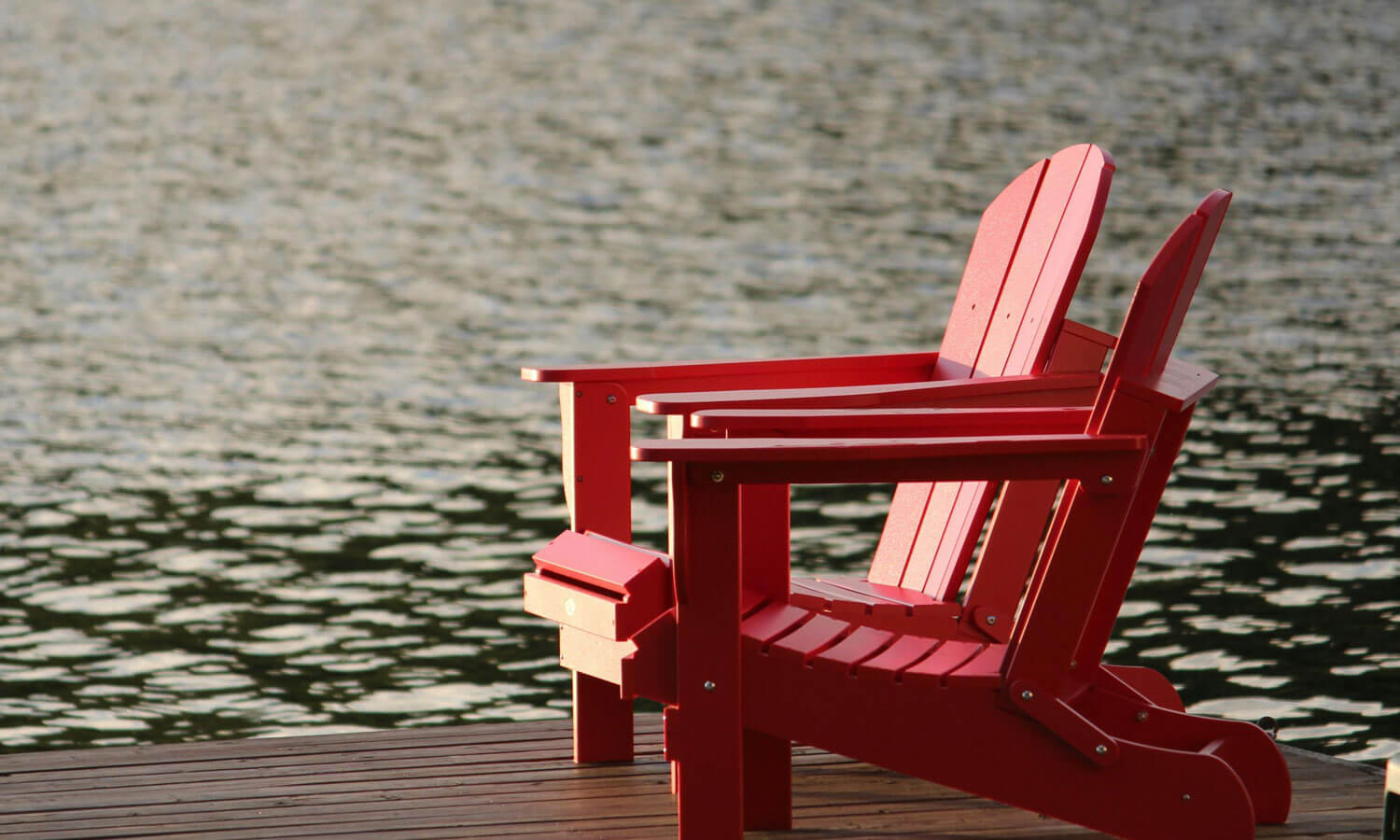Should you keep renting a cottage or buy one?
You don’t need me to explain the personal perks of having a vacation home or a cottage. But to many people, a cottage is also an investment. There are costs and hopefully returns, especially if you decide to rent it out. If you hope to buy, find out what you need to pay beyond the listing price and how you might finance the purchase.
Read: Is a vacation home a good investment?
Is there a capital gains tax exemption for a cottage?
Sorry to be the bearer of bad news, but there isn’t. There was once a lifetime capital gains exemption of $100,000, but that no longer exists. It only applied in Canada from 1984 to 1994. There are other ways to minimize taxes on the sale of a cottage, though. What about selling to a family member: Can you avoid taxes that way? It depends on a few factors, such as the relationship, if the second property can be claimed as a principal residence, and more.
Read: Can I sell my cottage tax-free?
Read: Selling a cottage to a family member: What that means for capital gains
Do you pay tax when inheriting a cottage?
The short answer: It depends on your relationship to the person who owns it. Are you an extended family member? Their adult child? Or are you their spouse? Find out how inheriting a cottage can affect taxes for a spouse with children and the steps to take to minimize what’s owed.
Read: Inheriting cottage and the capital gains implications





















Discussion about this post